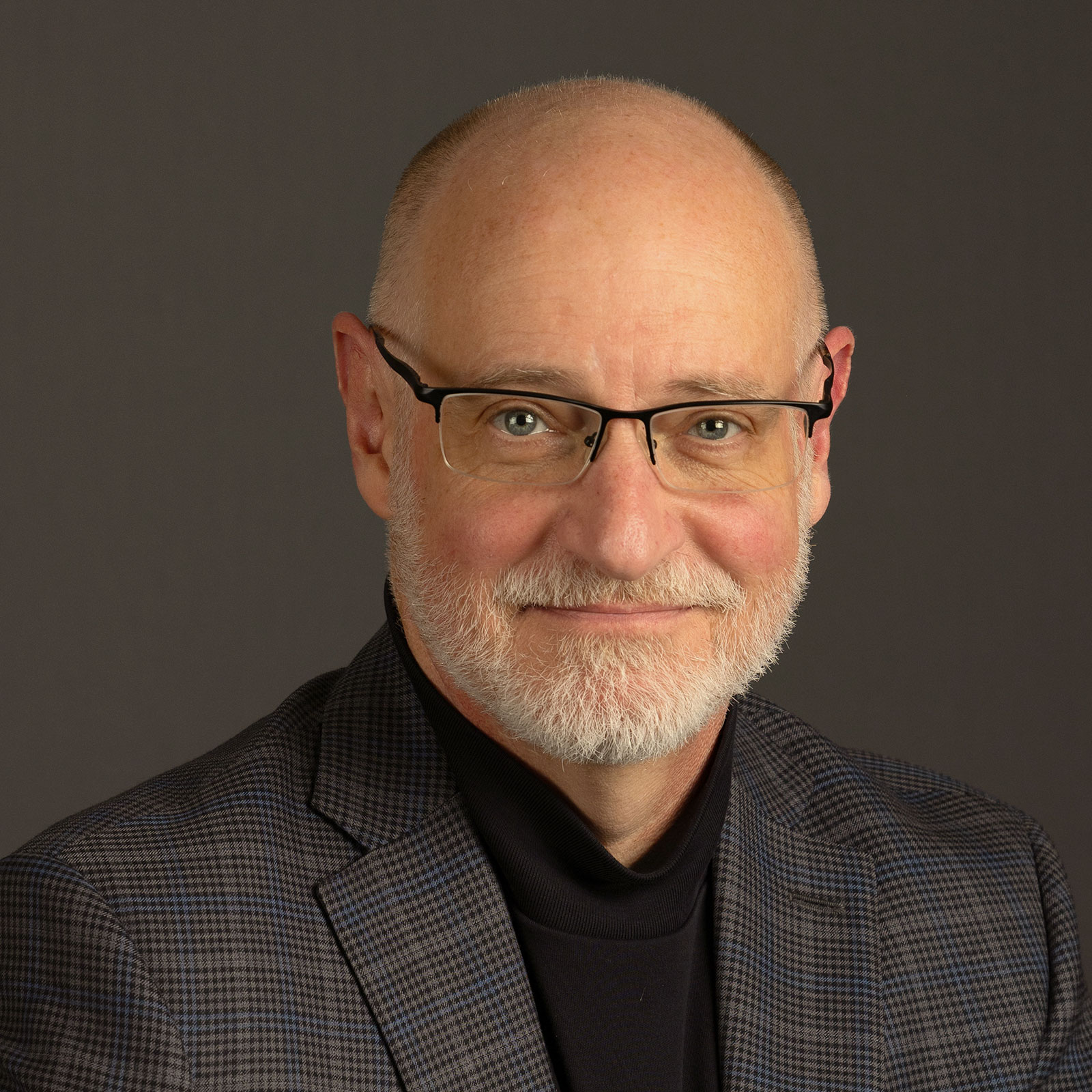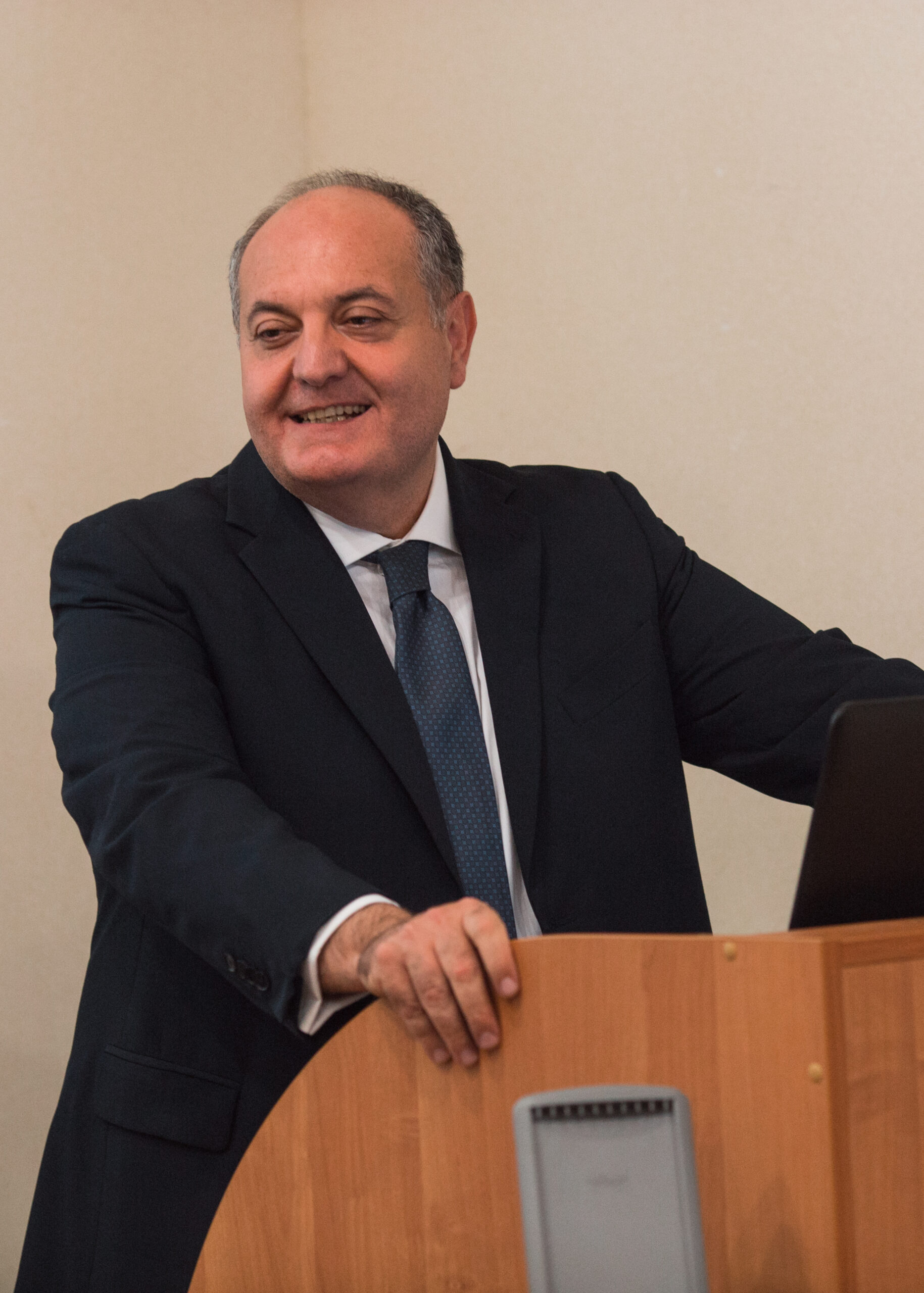Program Overview
Sustainable development is increasingly critical in a shrinking world, requiring practitioners able to wield an interdisciplinary skill set and philosophy. Through the master’s degree in the field of global development practice you:
- Develop a holistic understanding of human health risks, socio-ecological system dynamics, technological innovations, and economic approaches to advance sustainable development.
- Identify and challenge assumptions, seek alternatives, determine solutions, and engage organizations to think and behave differently.
- Leverage local knowledge within a global context.
- Learn with and from a global network of development professionals.
Harvard Extension School is a member of the Global Association of Master in Development Practice and meets the association’s standard of core development practice competencies.
Program Benefits
-
Customizable path, stackable certificates, & experiential learning
-
Instructors who are global development practitioners & Harvard University faculty
-
Personalized academic & career advising
-
Entrepreneurial opportunities through the Harvard Innovation Labs
-
Peer community, including the Global Development Practice Club
-
Harvard Alumni Association membership upon graduation
Customizable Course Curriculum
Our curriculum is flexible in pace and customizable by design. Study part time, choosing courses that fit your schedule and align with your career goals.
You’ll complete core foundation courses on theory and practice, explore a wide variety of topics through elective courses, and complete a capstone project.
11 Online Courses
Primarily asynchronous courses are offered during the fall, spring, January, and summer terms.
Sample Courses:
- Global Development: Theory and Practice
- Foundations of Sustainable Development Practice
- Case Studies in Development Economics
- A One Health Approach to Global Sustainable Development
- Just Transitions to Net Zero: Navigating the Complexities of Decarbonizing Energy Systems
- Sustainable Cities
On-Campus Capstone Course
You’ll take this course in person, executing the development action plan for an industry partner that you created in the precapstone course.
Choose between an accelerated or standard pace:
- An online course with an intensive weekend on campus in the spring
- A 3-week summer session
Admissions
The path to your degree begins before you apply to the program.
First, you’ll register for and complete 2 required courses, earning at least a B in each. These foundational courses are investments in your studies and count toward your degree, helping ensure success in the program.
As an alternative, you may choose to earn the following credentials as part of your admissions path: MITx MicroMasters® Program Pathway.
Next Start Term: Fall 2024
Enroll for your first admission course this fall. Course registration is open July 22–August 29.
To get started, explore degree requirements, confirm your initial eligibility, and learn more about our unique “earn your way in” admissions process.
Earning a Stackable Certificate
As you work your way toward your master’s degree, you can take courses that also count — or “stack” — toward a graduate certificate. It’s a cost-effective, time-saving opportunity to build specialized skills and earn a second professional credential.
For each certificate, you can choose courses that best fit your goals.
Stackable graduate certificates include:
A Faculty of Global Development Experts
Studying at Harvard Extension School means learning from the world’s best. Our instructors are renowned experts in sustainable development, ecological system dynamics, technological innovations, and more. They bring a genuine passion for teaching, with students giving our faculty an average rating of 4.5 out of 5.
-
![Michael Mortimer.]()
Michael Mortimer
Director, Sustainability and Global Development Practice Programs
Teaches Proseminar: Introduction to Graduate Studies in Sustainability and Global Development
-
Nazeli Tonoyan
Sustainable International Development Academic and Practitioner
Teaches Leading with Ethics: Professional Practices for Sustainable Development
-
![]()
Bruno S. Sergi
Faculty Affiliate of the Center for International Development at Harvard Kennedy School
Teaches Case Studies in Development Economics
Our Community at a Glance
Through our learner-centered approach, students define problems, engage with stakeholders, evaluate evidence, determine priorities of action, and deliver an implementable plan.
Upon successful completion of the required curriculum, you will receive your Harvard University degree — a Master of Liberal Arts (ALM) in Extension Studies, Field: Global Development Practice.
Download: Global Development Practice Master's Degree Fact Sheet
-
36
Average Age
-
1-2
Average Courses Taken Each Semester
-
71%
Work Full Time
-
100%
Would Recommend the Program
-
45%
Professional Experience in the Field
-
Most
Pursuing for Career Change

Career Opportunities & Alumni Outcomes
Graduates of our Global Development Practice Master’s Program work in a variety of roles and organizations.
Our alumni hold such titles as:
- Community Agribusiness Advisor
- Director of Strategic Development
- Financial Leadership Development Program Analyst
- Project Engineer
- Research Analyst
Our alumni work at a variety of leading organizations, including:
- Peace Corps
- Manna Project International
- Feinstein Institute for Public Service
- The Leap Agency
- Santander Bank
Career Advising and Mentorship
Whatever your career goals, we’re here to support you. Harvard’s Mignone Center for Career Success offers career advising, employment opportunities, Harvard alumni mentor connections, and career fairs like the online All Ivy Environmental and Sustainable Development Career Fair.
Your Harvard University Degree
Upon successful completion of the required curriculum, you will earn the Master of Liberal Arts (ALM) in Extension Studies, Field: Global Development Practice.
Expand Your Connections: the Harvard Alumni Network
As a graduate, you’ll become a member of the worldwide Harvard Alumni Association (400,000+ members) and Harvard Extension Alumni Association (29,000+ members).

After earning my degree, I became more qualified for the kind of jobs I wanted to be doing in the next phase of my career. It also allowed me to move more freely across the different thematic issues under the sustainable development framework, which I couldn’t do before.
Tuition & Financial Aid
Affordability is core to our mission. When compared to our continuing education peers, it’s a fraction of the cost.
| Our Tuition (2024–25 rate) | $3,340 per course |
|---|---|
| Average Tuition of Peer Institutions | $5,476 per course |
| Average Total Cost | $40,080 |
After admission, you may qualify for financial aid. Typically, eligible students receive grant funds to cover a portion of tuition costs each term, in addition to federal financial aid options.
Learn more about the cost of attendance.
FAQs
What is Global Development Practice?
Professionals in this space tackle challenges affecting people, economies, and climates globally. They may tackle issues of access and inequality, particularly in developing countries. They develop and implement strategies and solutions to improve agriculture, education, governance, human rights, communication technology, safety, security, and humanitarian assistance.
What is a master’s degree in development practice?
Master’s degree programs in global development practice, or development practice, involve an interdisciplinary approach to addressing challenges in sustainable development. The program is designed for development practitioners, policy administrators, educators, and private sector professionals tasked with addressing sustainable development problems.
The Harvard Extension School graduate program meets the Global Association of Master in Development Practice‘s standard of core development practice competencies.
To understand the differences between sustainability and global development, read Sustainability vs. Global Development Practice — Which One is Right for You?
How Long Does It Take to Complete the Global Development Practice Graduate Program?
Program length is typically between 2 and 5 years. It depends on your preferred pace and the number of courses you want to take each semester.
For an accelerated journey, we offer year-round study, where you can take courses in fall, January, spring, and summer.
While we don’t require you to register for a certain number of courses each semester, you cannot take longer than 5 years to complete the degree.



